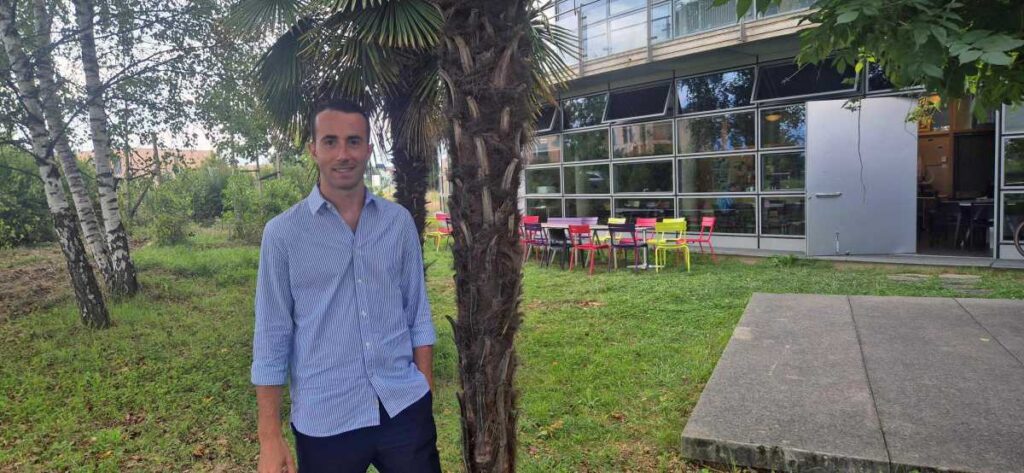What started out as a doctoral challenge has grown, and blossomed into a technology shared across universities around Europe. As a doctoral student in Prof. David Atienza’s Embedded Systems Lab, Simone Machetti was tasked to build a modular, customizable, energy-efficient platform that could be shared with, and used by, different teams designing low-power devices.
“I developed the first version of X-HEEP at the beginning of my PhD, five years ago, and then Dr. Davide Schiavone joined our lab. He brought a lot of knowledge and expertise from ETH Zurich and the OpenHW Foundation, and together with the ESL team, we released a newer version of the platform with improved configurability and extendibility”, explains Machetti, who is due to complete his PhD at the time of printing. “So I moved on from core X-HEEP development to side projects, such as FPGA platforms and GPU-based accelerators for edge computing. Meanwhile X-HEEP is currently developed and maintained by several members of ESL”.
The X-HEEP framework is supported by the EcoCloud Center, and has become a key open-source framework in the new SwissChips initiative, funded by the State Secretariat for Education, Research and Innovation.
X-HEEP stands for eXtendible Heterogeneous Energy-Efficient Platform. Being extendable, researchers like it because they can develop the platform to cover their needs, which may be heterogeneous: involving many kinds of sensors, wireless connectivity, and different user interface mechanisms. It is also energy-efficient, making it ideal for hand-held, or wearable devices.
“With X-HEEP, you get the complete RTL (Register-Transfer Level), meaning you have complete control over the architecture”, continues Machetti. “On top of that, X-HEEP also offers templates that can be used as a starting point for application development”.
The success of X-HEEP is global: research teams are using it in London, Madrid, Turin, Zurich, and Hong Kong. It may have started out as a single project, but now it is an organic ecosystem that is developing with or without its creators. “We couple the platform with a lot of documentation. Anyone can fork the repository, clone it, and use it, even without our support. But we are available if needed”.
The community meets in person and online for the X-AGORA, two or three times a year, so that teams from around the world can show what they have achieved with the platform, and share their expertise. The fourth X-AGORA took place very recently, and was a huge success.
So, in fact, the X-HEEP community is also extendable and heterogeneous, but definitely not low-energy.
